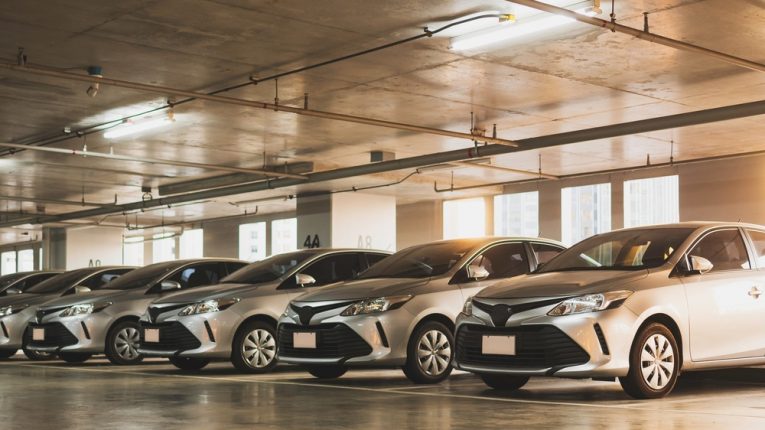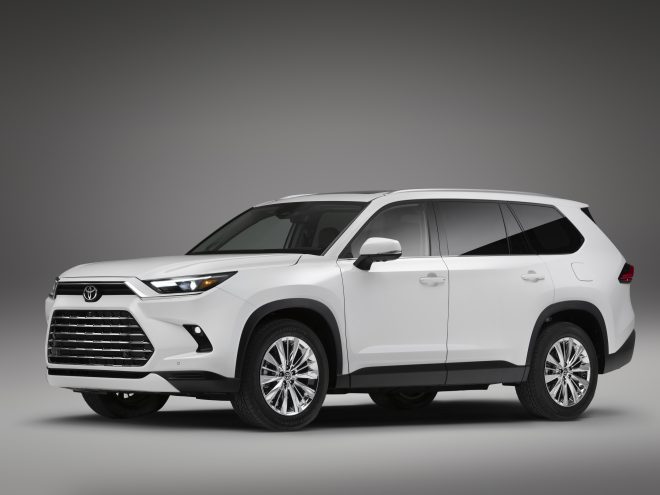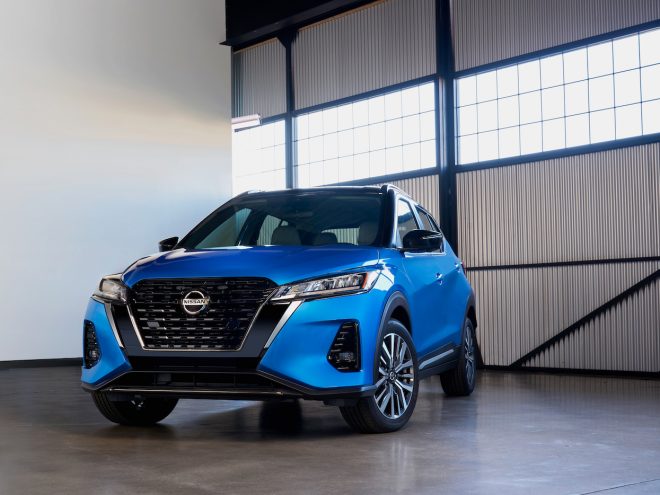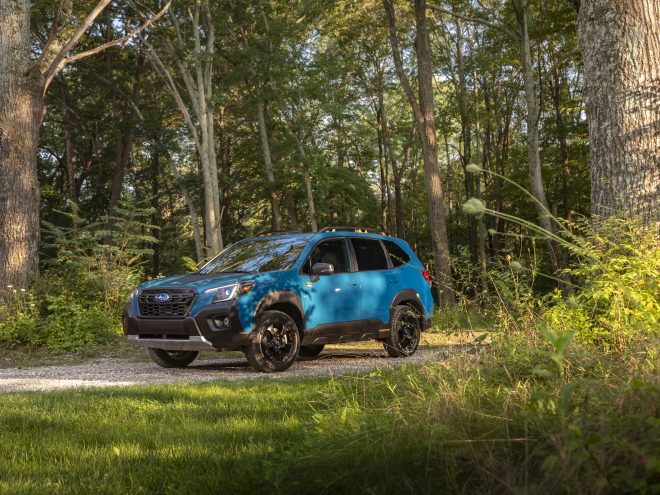
What Happens if Someone Else is Driving My Car and Gets into an Accident in CA?
Many people are aware of the consequences that occur after getting into an accident on their own, but what happens if someone else is driving your car when an accident happens in California? Imagine you’ve lent your car to a friend or family member for the sole purpose of being a good person. Suddenly, you get a call saying that the unexpected occurred—your friend got into a car accident in YOUR car. Immediately you start thinking of the repercussions: Who’s responsible for the accident? Who’s insurance is going to be impacted? Should I contact a Bakersfield car accident lawyer if someone else was driving my car during the accident?
In this blog, we will cover California’s auto insurance laws to ensure that you understand the potential consequences of letting someone else drive your car. We will also discuss the various scenarios that can occur, inform you of the necessary steps to take after the accident occurs, and you will know if it’s truly worth it to let someone else drive your car.
California’s Auto Insurance Laws
It is essential if you are driving a motor vehicle in California to have a good understanding of California policies, liability insurance, and applicable law. Below are some aspects of California’s auto insurance laws that you should be aware of before allowing someone else to drive your car:
● Minimum Liability Coverage: According to California law, every motorist must have a minimum liability insurance. The California DMV states that it has set minimum standards of $ 15,000 for a single injury/death; $ 30,000, for several injuries or deaths, and $ 5,000 for property damage.
● At-Fault System: In California, it can be described as an ‘’at fault” state where the party that causes the accident, normally pays for medical bills, damages costs, and others. In most cases, insurance companies depend so much on facts from different reports indicating who could have been at fault. The victim’s loss will also be paid by insurance companies.
● Uninsured/Underinsured Motorist Coverage: Under this state law, your automobile insurance must include uninsured or underinsured drivers as defined by Cal.R.Regs.831.8(c)(2). If you have been accrued in a collision by a driver without adequate insurance, this policy gets you covered.
● Optional Coverages: While all drivers must have liability insurance, each car owner may opt for additional coverage like collision, comprehensive, and medical payments coverage for better protection.
● Penalties for Non-Compliance: You have to ensure that you or anyone driving the vehicle have a proper insurance policy as per California law, where if you don’t have enough minimum required cover then you are facing over $1,000 fine for offense and suspension of licenses.
● Proof of Insurance: The police normally are likely to demand evidence of insurance during an accident or whenever they pull you over for violating traffic rules. Under California law, drivers should have evidence of insurance in their cars always.
Compliance with California’s auto regulation law may not only be mandatory legally but also crucial for securing financial security when your car is operated by someone else who gets involved in an accident.
What Are The Legal Consequences Following a Crash in a Borrowed Car?
As I stated earlier, California is a state that follows an at-fault system of compensation. Therefore, if a person causes an accident between cars, then they are supposed to bear the cost of the damages. However, there are some contingencies that will impact these legal consequences including the conditions under which the accident takes place; whether the driver had insurance or not, and the legal provisions governing your region.
Here are some key points to consider:
● Potential Liability: You can also be held responsible for some things because you are the owner of the vehicle even if you were not the one driving it when the accident happened. Usually, this liability covers damages on property including bodily injuries caused by your car. In some extreme cases, you may be held liable for the driver’s actions.
● Insurance Implications: As indicated previously, auto insurance is mandatory in California, since it serves as the primary cover for any accident that occurs with your vehicle. Your insurance will cover the accident if the driver is listed on your policy or your policy has permissive use coverage. In the case that the driver is not under your policy; perhaps because you lent your vehicle to a friend, then your insurance would cover any loss amounting to the policy limits.
● Rate Increases: If your insurance company ends up covering for the accident, it may result in increased insurance premiums, even if you were not the one driving at the time of the accident. The degree of the rate hike may differ from time to time and with different insurance companies.
● Legal Consequences for the Driver: The driver of the vehicle may also face the risk of legal consequences should the driver you loaned your vehicle be held liable for a crash. This may entail traffic tickets, fines, and possible lawsuits by other persons involved in the accident.
● Potential Lawsuits: The people involved may opt to sue both the driver and the vehicle owner through a car accident attorney in California if the accident caused serious injuries and damages.
● Criminal Charges: The driver may be charged with criminal offenses such as DUI – Driving Under the Influence or vehicular manslaughter in case of a fatal accident involving reckless driving or driving while drunk.
If you’re involved in an accident in a borrowed car, you need to talk to a car accident attorney so as to get information about your legal obligations and learn the subsequent steps taken.
What is The Impact On Your Insurance After the Accident?
You may have given someone driving privileges in your car and that driver got into a car accident, which may affect your insurance. This depends on the extent to which you are covered by your insurer, the nature of the accident and whether the driver was insured or not. More likely, if the other driver is insured under your policy or there’s a provision allowing others to use your car, your insurance company may settle for damages but increase your premium costs.
You can still get some coverage from your policy if the driver has no policy and no other insurance. However, such cover comes with an individual liability. They may also include damage to properties and legal claims for injuries. It’s important to report the accident to your insurance company as soon as possible so that the impact of the accident is assessed properly and so that you can take the necessary steps to resolve the problem. It’s imperative to check on your policy so that you can make wise decisions in response to such incidences and minimize any long-term repercussions.
While loaning your car is a kind gesture, it is critical to realize that there might be several consequences, and it’s important to make sure as a lender that the borrower knows the legal and insurance implications of the actions taken in California. In the event of an accident, speaking to a car accident attorney may be extremely beneficial as it can help you protect your rights and take the right decisions.









